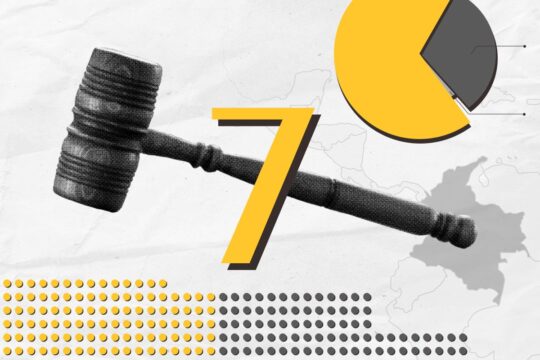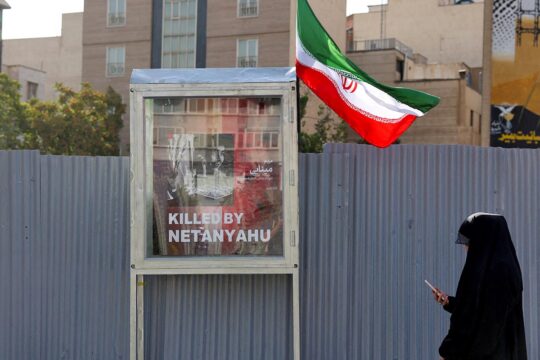A dissident guerrilla leader points his assault rifle into the air and fires, shouting "FARC is alive, the war goes on." Peace is a long way from this part of the Colombian jungle.
Going by the name Aldemar, the 32-year-old is one of several dissident guerrilla leaders who rejected a December peace deal that saw FARC rebels disarm after a half-century of war against the state.
FARC officially became a political party at a special congress last month but Aldemar says his jungle holdouts "haven't changed an iota of our ideology."
"We remain revolutionaries who are seeking power for the people through the politico-military route," the young leader told AFP in an interview conducted in the pouring rain on a bank of the Inirida River.
Aldemar, wearing jeans and a Colombian soccer jersey, was speaking to a journalist for the first time since officially being on the army's wanted list, but refused to show his face in front of a photographer's camera.
Like other dissidents, he is now a man wanted dead or alive by military patrols combing the jungle.
Prominent FARC dissident Euclides Mora was killed by security forces last month, prompting a warning to the others from President Juan Manuel Santos: "The message is clear: surrender, otherwise jail or the grave awaits."
The holdouts are accused of committing at least seven attacks in the past year, killing four people and wounding 18. Three police officers were killed in an ambush last Saturday.
- 'They betrayed us'-
FARC expelled several dissident commanders in December when the peace deal was signed.
"They betrayed us," Aldemar said of the FARC leadership. "But even if they are traitors, we will not attack them until they become agents of the state...in our zones, we will treat them as one more party."
Closely escorted by another rebel with a shaved head and a rifle, Aldemar boasted that the guerrillas would slowly regain control of lost territory.
He says his group are studying the possibility of resuming kidnappings and appointing a new leadership.
But are his dissidents interested in negotiations?
"If there is a government that gives us guarantees of a negotiated exit from the conflict, without us first giving up our weapons, we can think about it. But it will not be with this government." Santos's term ends in 2018.
As he spoke, men and women under his command could be seen patrolling the banks of the river, rifles slung over their shoulders.
-- Drug trafficking --
According to the government, residual armed groups like his are devoted to drug trafficking, illegal mining and the recruitment of young people.
Coco leaf farmers, who produce the main base ingredient for the cocaine market, still recognize their authority as members of FARC, an authority that regulates drug trafficking but also the social life of the jungle communities.
The peace deal still rankles.
"The surrender of arms was rushed, even before the agreement was put in place, paramilitary organizations remain, military (anti-guerrilla) doctrine has not changed and there has been no negotiations with coca farmers."
A few hundred of the estimated 7,000 FARC rebels have refused to sign up to the peace deal and remain in the jungle, but Aldemar refuses to say how many are under his command.
He gives no figures but smiles when asked to confirm government estimates of 400 still-active rebels.
But he insists his group is growing, that it is recruiting from the local communities.
"We will become an army again," he said, before listing off a half dozen of Colombia's 32 departments where he says his men are present.
In the jungle of Guaviare, one of Colombia's most remote and under-developed regions, there is no sign that a peace deal has taken hold.
The army continues to search for guerrillas, the coca farmers continue to cultivate their crop which covered nearly 7,000 hectares in 2016 according to the UN.



